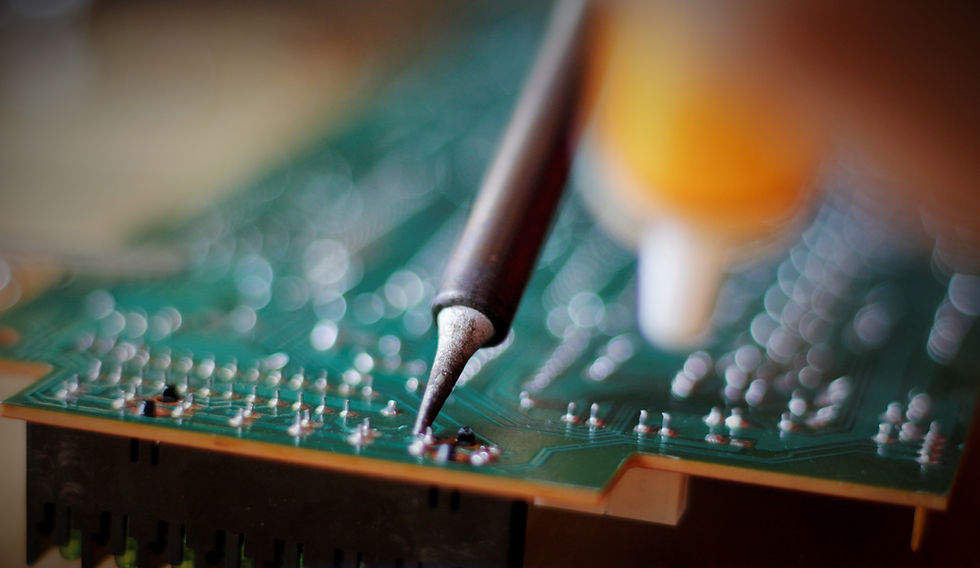IEEE TechEthics Panel: Responsible Innovation
- Melodena Stephens
- Oct 9, 2021
- 2 min read

This virtual panel was organised by IEEE on 5th October. The key premise is that a diversity of ideas into the design of innovation (and the problem) will help create better solutions. What does this mean. Missed the event? Here is the recording: techethics.ieee.org/videos
Seda and I discussed a range of topics. For me 'responsible innovation' is about looking at the complexity of stewardship - every one is responsible, it is about designing products with human agency and putting purpose over profits. Seda discussed how complex it was to work on responsible AIS when the systems into which parts were embedded had its fatal flaws. With power shifting to large firms, employees, customers and users sometimes did not have the voice to bring about easy change.
(1) Everyone is has a role to play in stewardship: Do take a look at by insight article in the California Management Review: link You need courage to voice an opinion, you may not get heard and may not be able to get make a difference at that moment but at least you'll get it recorded. It may start some grey cells to work overtime and hopefully your voice of reason may fall on the right ears.
(2) Purpose over Profit: These are difficult choices and go back to values - not statements of ethics. It was surprising during a pandemic how many people lost they job even though companies were bloated with profits from the previous years. It means a tough look at what Universal Human Rights are - right to work? AI destroys jobs and the jobs it creates mayn't be ones that those fired employees can work in? How does this translate into areas where there is a huge younger generation (versus elderly population). How does this translate into saving or protecting the planet we call home?
(3) Diversity: I do believe in diversity in ideas.Avoid echo chamber of engineers talking to engineers, scientist talking to scientist and their inner circle of friends, managers talking to managers, public servant talking to public servants or talking to the same income group, education group, or nationality - meet people and exchange ideas and actively seek feedback. So far we do this through quotas but we will truly get there when we speak to the humans who are impacted, use or work with the products we sell or adopt.
(4) Thoughtfulness: The speed of adoption of new tech happening at such a fast pace, it is difficult to recall products, information or even regulate it real-time. Hence we need due diligence before the products come out. What does it mean? How can it be misused? Who will be responsible (not liable)?
Hope this helps - any do watch the recording for some amazing insights from Seda, Mark and me. Are you a non-engineer decision maker? This book will help: Link




Comments